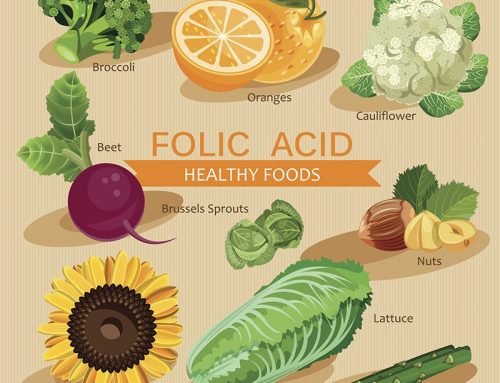Years ago, the late nutritionist Robert Crayhon was asked what the single best nutritional strategy for the health of the nation would be. His answer…
“Make sure every pregnant woman supplements with fish oil!”
He’s turning out to be right. Low levels of omega-3’s (the fats found in fish and flaxseed) have been linked to depression, ADD, lower intelligence, behavioral problems, concentration, violent behavior and even impaired vision(1,2).
Fatty acids are considered “essential” when the body cannot make them, so it’s “essential” that you get them from the diet. There is one omega-6 (linolenic acid) that’s essential and one omega-3 (alpha-linolenic acid) but most people also include the other two omega-3 fats (DHA and EPA) under the heading “essential” even though the body can technically make those two fatty acids out of alpha-linolenic acid.
The balance between omega-6 and omega-3 intake is utterly critical to human health. The perfect ratio is somewhere between 1:1 (omega 6: omega 3) and maybe 4:1. The average person in western society gets between 16:1 and 20:1 or even more. This has enormous consequences for a host of health conditions and symptoms.
Researchers from INSERM (the French National Institute of Health and Medical Research) and their collaborators in Spain recently put mice on a diet high in omega-6’s (vegetable oils) and low in omega-3’s (in other words, the mouse version of the standard American diet). This imbalance produced significant consequences (all of them negative) on both brain activity and emotional behaviors. The researchers also noticed a significant increase in depressive behavior amongst the omega-3 deficient mice.
“Our results can now corroborate clinical and epidemiological studies which have revealed associations between an omega-3/omega-6 imbalance and mood disorders” said the researchers.
Bottom line: Take your omega-3’s every day. The benefits of omega-3’s are legion—for heart health, brain health, circulation, behavior and mood.
Remember, there are three omega-3’s.. ALA (found in flaxseed), EPA and DHA (found in fish.) Be sure to get some every single day, preferably at least 1000mg of combined DHA and EPA, which are the two most researched omega-3’s for heart health and brain function. If you’re using flaxseed oil as your sole source of omega-3’s, take one tablespoon for every 100 pounds of bodyweight.
1) Andrew Stoll, MD, “The Omega-3 Connection” (Fireside Books)
2) Joseph Maroon, MD “Fish Oil: The Natural Anti-Inflammatory” (Basic Health Books)















Hi Jonny,
Great stuff,
do you believe it possible to throw off the omega 3 to omega 6 ratio by too much fish oil? I know- this would only be present in specific populations.
Mark
wondering what you may advise as far a nutrition and bipolar?
hello
As a sufferer rom Depression and a serious researcher into how to beat this horrible illness I think this is a very interesting article . There is such a pathetic effort to deal with Depression in general . If someone presents with Depression we should have at least 5 tools to offer them – Lifestyle Change, Counselling, Meds(if nec) , Diet , Exercise and supplements – esp Omega 3
The problem is we have professionals who only see their approach as the truth and we are dealing with a life threatening illness. If we look at deaths on our roads, another major killer in ireland for example we tackle the problem with tougher speeding fines, vehicle inspections , road inspections, alarming ad campaigns etc etc . There is no “one right way”
Any way I ‘m sliding off my point here. I long for the world to get together on Depression and to come up with real information to truely educate people .
I think its frightening that people who go to the doctor with a condition that probably developed over a lifetime leave after 10 minutes with Anti Depressants and a hefty bill.
Thank you
Paul McDonnell